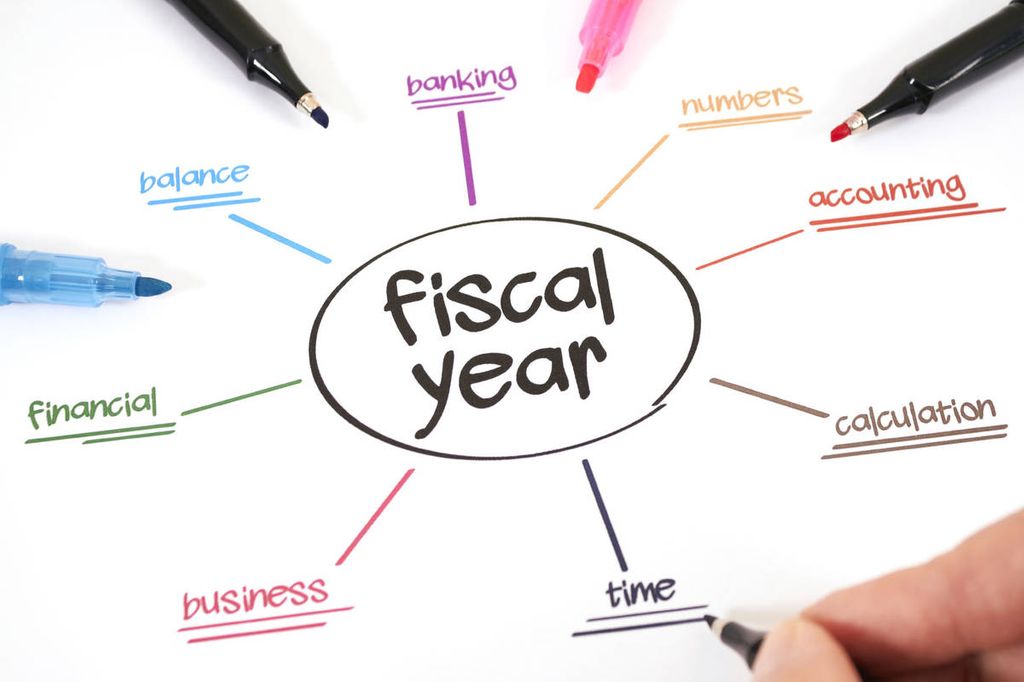Understanding Budget Terminology(Part 2)
May 09, 2019 • 15 views

What is a Fiscal Year?
Any twelve-month period that is used for subsmission of accounts, taxation purposes and to state financial reporting by private and public sector companies is called a Fiscal Year.
In India, the Central Government has laid down provision that the 12-month period starting on 1 April and ending on 31 March of next year will be treated as a Fiscal Year.
To put it in perspective, this blog is written in on 9th May 2019 i.e in Financial Year 2019-20, also called Fiscal Year'20.
In the same way, the financial year for 2020-21 will start on 1 April 2020 and end on 31 March 2021. So on 1 April 2020, we will enter Fiscal year'21.
Why is the Union Budget usually presented in February?
The Finance Minister of India presented the Interim Budget for 2019-20 in the Parliament of India on 1 February. It is typically presented in February for the following reasons:
(a) After presentation, the Budget is tabled in the Parliament where members of both the Houses would debate the various provisions listed in the Budget. This would require a few days of debate and discussion.
(b) Also , after such budget debate, any amendment to the original provision (like increasing or decreasing allocation for a said ministry/programme and rolling back any budget proposal) will have to be tabled, discussed, passed and brought into law by the Parliament.
(c) Also, the administrative system, especially in case of tax administration, would need to be geared up to reflect any change in the financial, taxation or any other system.
